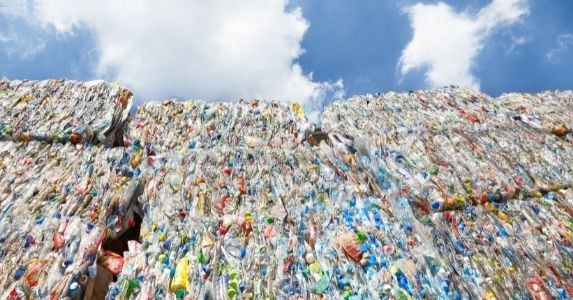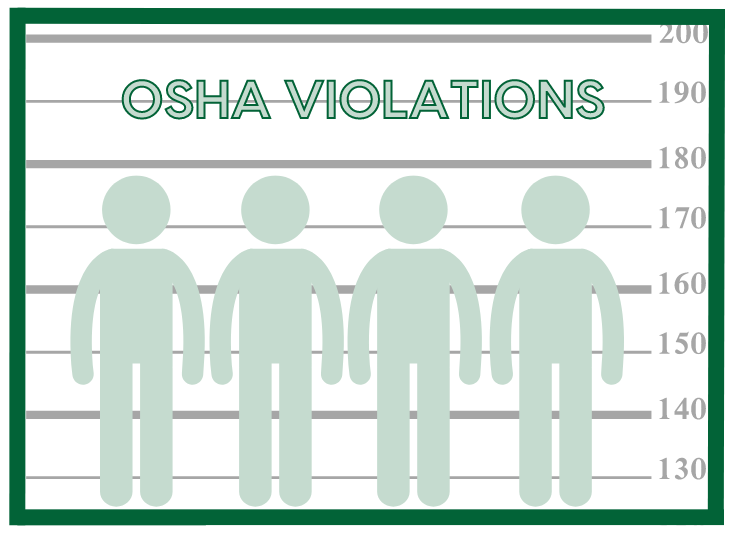How California's New Plastic Recycling Law Affects Manufacturers
In recent years, there has been a continuous shift to become more sustainable across all industries. Reducing consumer dependence on single-use plastics is a big way regulatory agencies are contributing to this shift. In California, Gov. Gavin Newsom approved Assembly Bill 793 (AB 793), a regulation that changes the way packaging is handled beginning January 1, 2022. This legislation requires all plastic beverage containers to have a higher percentage of recycled material; this material is often known as post-consumer recycled (PCR) content. Post-consumer recycled content is material generated from products that customers recycle every day, such as aluminum, cardboard boxes, paper, and plastic bottles. Under AB 793, companies that manufacture anything from bottled water to soda and sports drinks must use 15% PCR in their bottles by 2022, 25% recycled plastic by 2025, and 50% recycled plastic by 2030, according to the law. The idea is to reduce the volume of plastic waste that is sent to landfills.
How This Affects California Plastic Manufacturers
Consumers are increasingly aware of environmental threats and are therefore more cautious of how their spending habits affect the environment. By implementing this law, California lawmakers aim to lead the way on ending plastic pollution. Companies who fall short of the requirements mentioned above will be fined 20 cents for every pound of PCR material they are missing.
Companies will also be required to record their PCR material usage under AB 793. Companies could simply write "unknown" for PCR usage on their reports in the past. Now, they are required to accurately report it. This ensures that regulatory agencies and consumers will be able to see exactly how much PCR material companies use in their packaging, providing transparency to consumers who wish to consider the sustainability of their purchases.
The Rising Demand for Recycled Plastic Packaging
Although most manufacturers do not currently utilize recycled plastic, several companies have already begun to do so as part of their sustainability initiatives. For example, in 2021 Coca-Cola launched 100% recycled plastic bottles in more than 25 markets, with an end goal of making bottles with 50% recycled content by 2030 and making 100% of its packaging recyclable by 2025. Another example is Nestle, which aims to reduce the use of virgin plastics by one third by 2025 and increase the amount of recycled plastics it uses across its brands globally to 50% by 2025. With the rising trend of eco-friendly packaging, California is likely to set a precedent for other states. The following are some of the key advantages of utilizing more PCR material in packaging:
- Consumer Awareness: People are becoming more conscious of their carbon footprints. Companies that use more recycled plastic in their packaging minimize their carbon impact and increase customer loyalty.
- Eliminating Raw Materials: By avoiding the use of virgin plastics, companies can minimize their use of fossil fuels and petroleum in manufacturing facilities.
- Reducing the Growth of Microplastics: Reducing the formation of microplastics protects the planet's waterways, protecting marine life, increasing water quality, and reducing the amount of money spent cleaning up waterways.
These benefits will develop and expand as more businesses utilize PCR material and the demand for sustainable plastic alternatives continues to grow. To find out how Triumvirate is helping companies operate more sustainably, click below.






